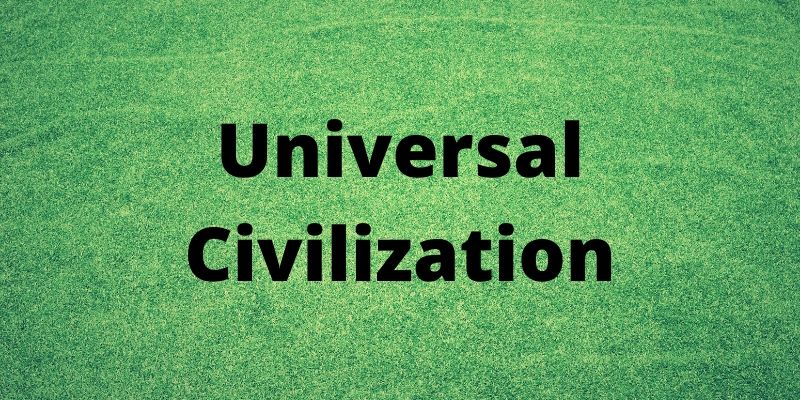The world is becoming a Universal Civilization; people are traveling more frequently to other countries.
This world is a group of nations; that live in different parts of the Earth. They have different languages, religion and culture. Most of the scholars define civilizations as a group of people live in a place, among them a specific style, tradition and shared values exist. In the past, our planet has had roughly twelve civilizations. Almost, half of them do not live today. However, the present cultures are the western, the Chinese, the Japanese, and the Russian. All of these civilizations are becoming universal civilization because they are moving towards a similar lifestyle.
In the 20th century, as the means of communication improve the civilizations begins to merge. Nowadays, people have more access to other books, literature and all other things which are considered part of a culture. People are traveling from place to place to earn means of living.
Every year millions of students travel to earn a foreign degree. In this way, they acquire knowledge, observe society, and another way of living. Therefore, they absorb some of the charismatics.
As the means of communication are secure and people are frequently traveling. Therefore, diseases are transmitting rapidly to other places. In December 2019, Coronavirus (COVID-19) emerged from China. In a few weeks, it spread to the rest of the world.
The world is moving towards a global village. People are sharing good and also bad habits. People are embracing other religions that are alien to their region as people are asking for reforms.
